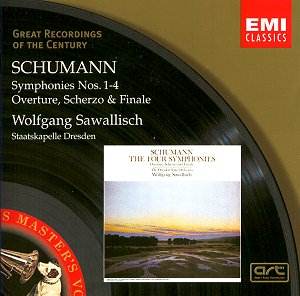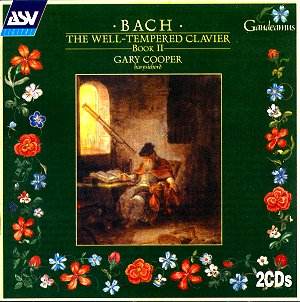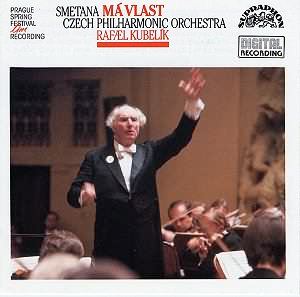 Composer: Robert Schumann
Composer: Robert Schumann
Works: Symphony No. 1 in B flat “Spring”, Symphony No. 2 in C major, Symphony No. 3 in E flat “Rhenish”, Symphony No. 4 in D minor, Overture, Scherzo and Finale
Performers: Dresden Staatskapelle, Wolfgang Sawallisch (conductor)
Recording: Recorded September 1992, Lukaskirche, Dresden
Label: EMI Classics 5 67768-2
Robert Schumann occupies a pivotal place within the Romantic canon, his music deeply imbued with the emotional intensity and literary inspirations characteristic of that era. The present collection, featuring his four symphonies alongside the Overture, Scherzo and Finale, captures the essence of Schumann’s diverse stylistic evolution. These symphonic works, ranging from the exuberance of the “Spring” Symphony to the contemplative depths of the “Rhenish,” showcase not only Schumann’s personal struggles but also his aspiration for symphonic unity and thematic development, a quest that defines much of his oeuvre.
Wolfgang Sawallisch’s interpretations are marked by a judicious balance of fervor and restraint, allowing the intricate textures and emotional nuances of Schumann’s scores to emerge clearly. The opening fanfare of the “Spring” Symphony is executed with a confident clarity that sets the tone for the entire cycle. Sawallisch’s tempo choices reflect a deep understanding of the symphonic form; he neither rushes the energetic passages nor lingers excessively in the lyrical moments, resulting in a fluid yet structured performance. Particularly notable is the spacious introduction of the Second Symphony, where the conductor allows the music to breathe, showcasing his commitment to Schumann’s intent without succumbing to over-dramatization.
Recording quality is paramount in this release, with the EMI engineers capturing the rich sonority of the Lukaskirche. The church’s acoustics lend an organic reverberation that enhances the orchestral palette, allowing the woodwinds to shimmer and the brass to project with a commanding presence. This atmospheric quality is especially evident in the “Rhenish” Symphony, where the climactic horn passages ring out with an exhilarating boldness that transcends the score’s markings, a choice that underlines the symphony’s celebratory character while maintaining structural integrity.
The Fourth Symphony presents a compelling study in unity and design, characterized by its innovative cyclic form. Sawallisch’s attention to detail is particularly commendable; the seamless transitions between movements reveal a meticulous orchestral balance, showcasing Schumann’s orchestration prowess. The eloquent violin solo in the first movement serves as a testament to Schumann’s ability to weave intricate lines within a robust orchestral framework, which Sawallisch highlights with precision and sensitivity.
The inclusion of the Overture, Scherzo and Finale rounds out this set nicely, showcasing the vitality and rhythmic drive that Schumann imbues in even the shorter works. Although it may not occupy the same stature as the symphonies, its spirited themes and symphonic coherence are presented here with palpable enthusiasm, underscoring the Dresden Staatskapelle’s versatility under Sawallisch’s direction.
This reissue not only reaffirms Sawallisch’s esteemed interpretation of Schumann’s symphonic works but also affirms their historical significance within the broader Romantic tradition. The artistry displayed, combined with the pristine recording quality, renders this collection a definitive reference point for both seasoned listeners and newcomers to Schumann’s music. With its masterful performances and thoughtful engineering, this edition stands as a benchmark in the recorded legacy of Schumann’s symphonic contributions.



